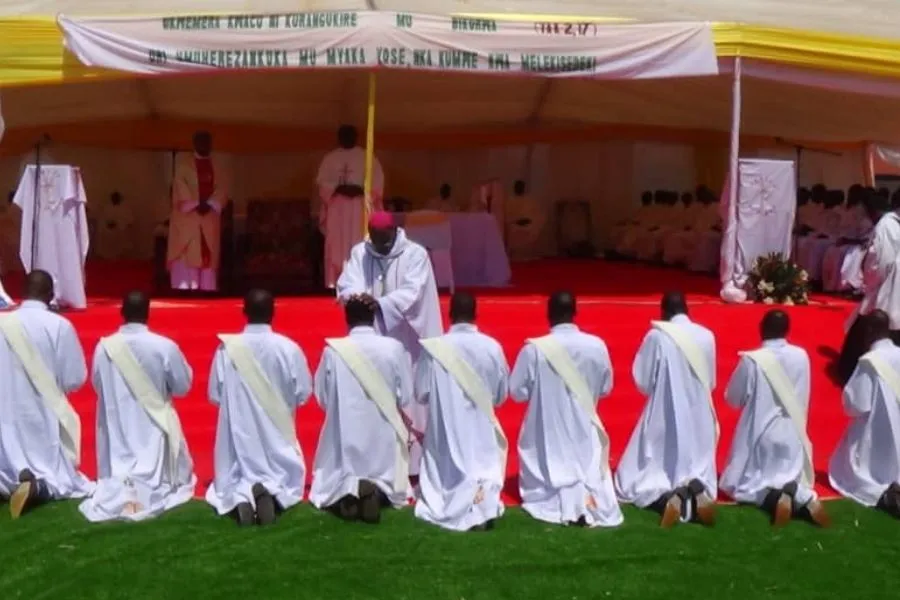Bujumbura, 12 August, 2023 / 9:00 pm (ACI Africa).
Not everyone who qualifies to join the Seminary in Burundi is accepted by formation houses. Major Seminaries in one of the world’s poorest countries have been forced to regulate the number of those they enroll owing to capacity challenges.
Fr. Pascal Nzeyimana, the Director of the National Vocations Center in Burundi confirms a report by Catholic Pontifical and Charity Foundation Aid to the Church in Need (ACN) that the country is experiencing a boom in vocations to the consecrated life and the priesthood, and adds that the Church has options for those who apply to join the seminary, qualify, but are locked out.
He tells ACI Africa that in Burundi, Major Seminaries admit only the cream of the crop from long lists of candidates who qualify for formation after undergoing rigorous selection processes.
“For those who meet the requirements but are not accepted, other courses are offered to enable them to continue their vocational discernment,” Fr. Pascal says, adding that some of the available options for candidates who meet the selection criteria but don’t find space in the seminaries are contact internships.
In its report last month, ACN noted that Major Seminaries in Burundi had set the number of those enrolled to 13 owing to their insufficient resources.








